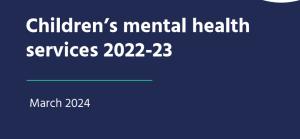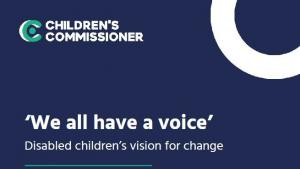I want all children to be able to grow up physically and mentally well, with access to support quickly and locally when they need it. As part of The Big Ask, I asked children about all aspects of their health and wellbeing. I was shocked and concerned to hear from children as young as 12 who told me that vaping was normalised among their peers – even on school premises.
The data in this report interrogates this troubling trend further, underlining that children and young people’s vaping is a fast-growing problem – and one that is still poorly understood by many parents and services supporting children.
Both legal and illegal vapes pose risks to children’s health and wellbeing, not least because they are often highly addictive. It is deeply worrying to hear accounts from children who now struggle to concentrate for whole lessons, unable to use their vape. Other children are avoiding using school toilets, for fear of peer pressure to join in. Schools have been horrified to discover that vapes confiscated from their students contain dangerously high levels of chemicals like nickel and lead, exposure which can affect the central nervous system and brain development.
This report has also highlighted the glaring gaps in evidence on drivers and the long-term effects of vaping on children’s health. For adults overcoming nicotine addiction, vapes may represent a lower-risk alternative to smoking cigarettes. However, the risk calculation for children is not the same. Many children who are addicted to vaping have never smoked tobacco, with vaping acting as a gateway rather than a quitting strategy. I am unequivocal in my view that to lead healthy lives, children should not be smoking or vaping. We have failed a generation if we allow these highly addictive, and sometimes dangerous, products to become mainstream.
Both children and parents are crying out for more information about, and regulation of, this ‘Wild West’ market. It is insidious that these products are intentionally marketed and promoted to children, both online and offline. I strongly welcome the Government’s recent move to close the loophole that allows companies to give free vaping samples to children – but this should have never been legal. Other measures, including the new Illicit Vape Enforcement Squad, are also welcome. However, to avoid even more children becoming addicted to these products, we need stricter regulation now. For children for whom it is sadly too late to prevent them from becoming addicted, we must provide swift and non-judgmental health-based support to them.
Children deserve to lead long, happy, healthy lives. The Department for Health and Social Care’s consultation on youth vaping is a timely opportunity to listen to both the evidence on the harms and unknown risks of youth vaping, and what children and parents tell us they want and need. I strongly hope it will be the catalyst for change that is so urgently needed.





